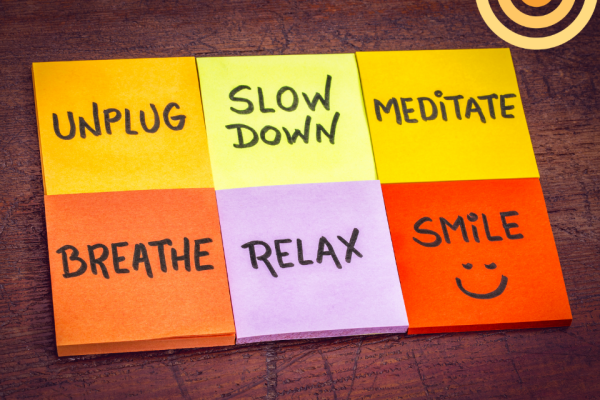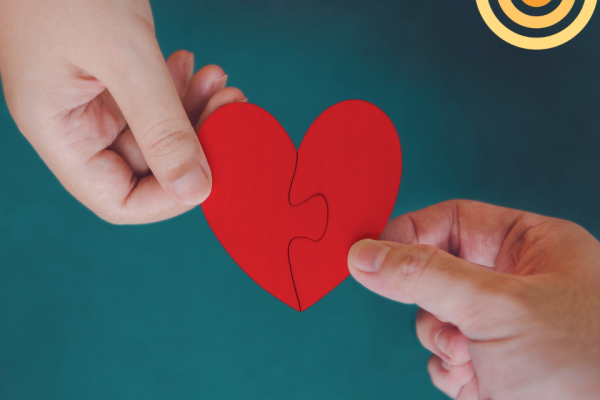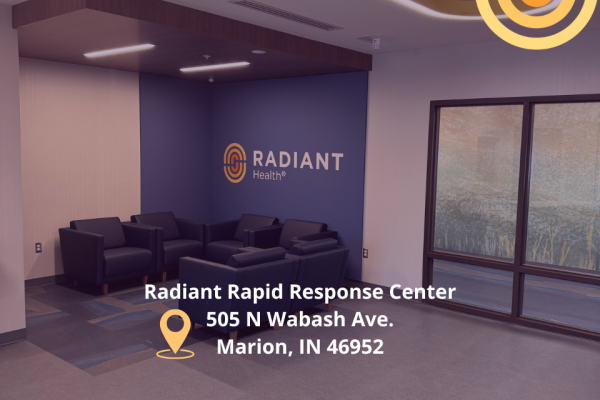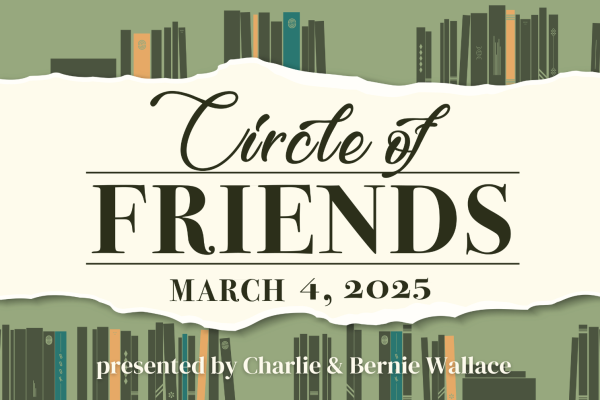“Sticks and stones may break my bones, but words will never hurt me.” What baloney. We all know words hurt. The research is even catching up with us now.
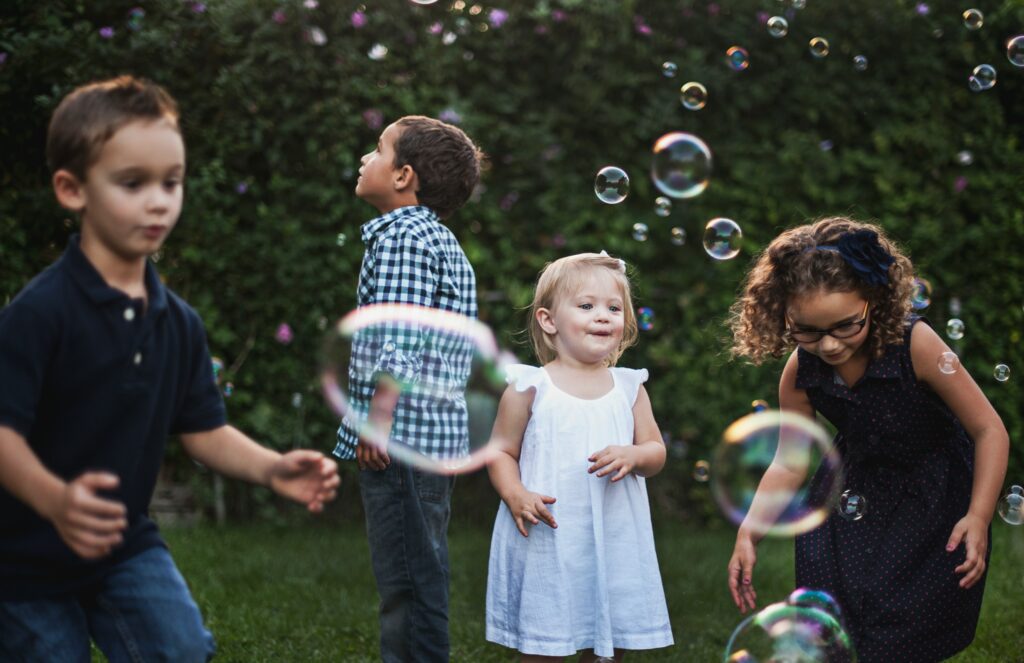
Words Matter: Brain Changing Language
At a recent training, I learned that children, who aren’t even talking yet, who witness verbal abuse, threats, screaming matches, physical abuse, etc. will be at higher risk for depression, anxiety, and learning disabilities. They will likely have lower IQ’s than their peers; they will likely be abused in relationships.
Words start impacting us before we can even use them.
Words are sneaky. The harmless sounding ones work their way into our vocabulary and turn out to be the most detrimental. We learn the phrase, “Yeah but,” often as teenagers. Trying out new identities and a need to win arguments leads to this two-word rebuttal—a bane to so many parents and teachers. The phrase is more than a contrasting statement, it communicates, “Everything you have just said is not worthwhile, and what I have to say is more important.”
“But” sneaks into our relationships. “I love you, BUT you drive me crazy.” “I love you, BUT you need to take the trash out.” “I love you, BUT I can’t stand the way you load the dishwasher.” “I love you, BUT we have got to work this out.” How strange that “but” turns “I love you” into such a nagging expression. What if we used “and” instead?
“I love you, AND we have got to work this out.”
Small changes like this start to rewire our brain. Just as evidence shows that negative experiences with language can impact a tiny baby’s brain, so to can positive experiences. Even the language we use to talk to ourselves in our own heads is enough to change our physiology. One of the most evidenced-based treatments for depression, cognitive-behavioral therapy, emphasizes the need to use positive self-talk. Think of The Little Engine that Could: “I think I can. I think I can. I think I can.” We have brain imaging called FMRIs that show that just by thinking we can, we change the pathways in our brain, meaning we are more likely to actually do what we think we can.
The power of language to change our physiology is much stronger than we know, and the only people holding us accountable are ourselves. Just as positive words lead to positive actions, negative words lead to negative actions. Hateful words lead to hateful actions. Our words may not break bones; however, they have the ability to change the brains of those who hear us.



